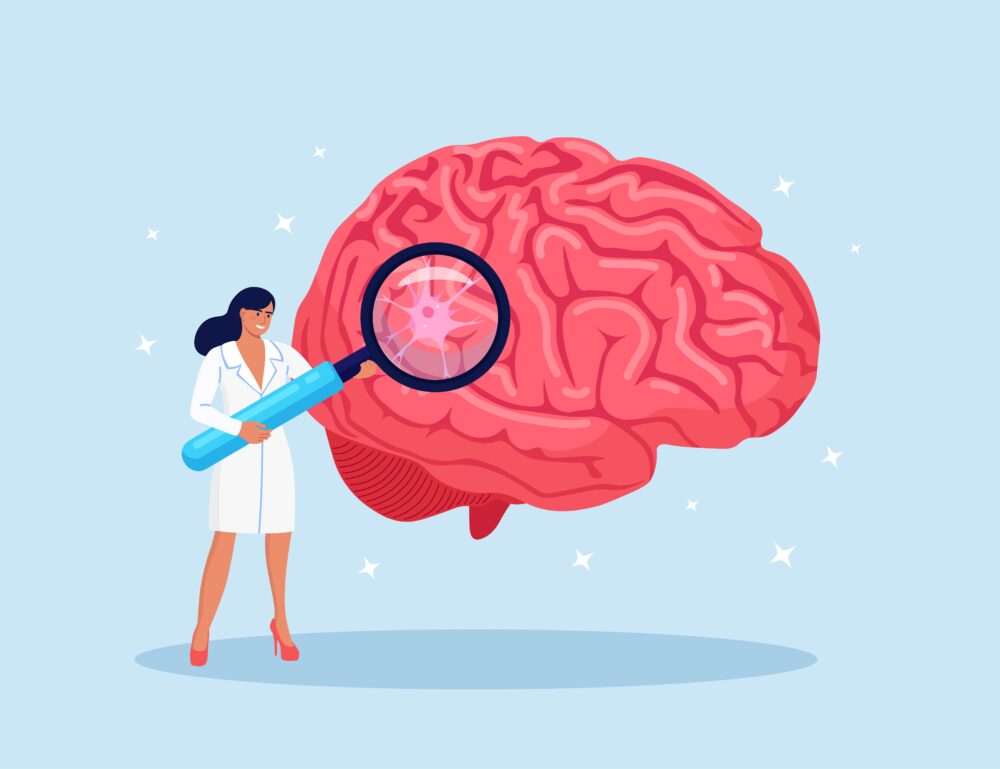Internal Family Systems (IFS) Therapy is a transformative, evidence-based approach to psychotherapy that has gained widespread recognition for its effectiveness in addressing a range of mental health issues. Developed by Dr. Richard C. Schwartz in the 1980s, IFS therapy views the mind as a system of different parts, each with its perspective and roles. Here,… Continue reading
Category Trauma
Polyvagal Theory: the Mind-Body Connection
The Polyvagal Theory, developed by Dr. Stephen Porges, tries to explain the link between our nervous system, emotions, and social behaviour. It explains how our bodies respond to stress, connect with others, and regulate our internal states. Understanding the Autonomic Nervous System The autonomic nervous system (ANS) is a network responsible for regulating involuntary bodily… Continue reading
Navigating the Maze of Avoidance
Avoidance is a common human behavior that serves as a coping mechanism to deal with discomfort, anxiety, or stress. While occasional avoidance is a natural part of life, persistent and pervasive avoidance can become a manifestation of various mental health problems. In this article, we will delve into the concept while exploring its definition, its… Continue reading
Exploring Freudian Perspectives on Neurosis and Hysteria
Sigmund Freud, the father of psychoanalysis, made groundbreaking contributions to the understanding of mental disorders, particularly neurosis and hysteria. In this article, we delve into Freud’s theories surrounding these psychological phenomena, exploring through the lens of psychoanalytic principles. Neurosis According to Freud Freud defined neurosis as a condition where an individual experiences excessive anxiety without… Continue reading
Secondary Trauma and Its Effect on Mental health
One such topic that often goes unnoticed but leaves an indelible mark is secondary trauma. Unlike primary trauma, which directly affects an individual, it stems from witnessing or hearing about the suffering of others. In this article, we’ll explore what secondary trauma is, how it can affect our lives, and strategies to cope with its… Continue reading
Complex PTSD Symptoms and Treatment
Complex Post-Traumatic Stress Disorder (C-PTSD) is a mental health condition stemming from prolonged and repetitive trauma. This article aims to explore C-PTSD, including its symptoms in detail and effective treatment options, focusing on Cognitive Behavioral Therapy (CBT). Understanding Complex PTSD Complex PTSD differs from traditional PTSD in that it arises from sustained exposure to trauma,… Continue reading
The Minnesota Starvation Experiment and Its Implications on Eating Disorders
In the aftermath of World War II, a groundbreaking study was conducted. This study not only sheds light on starvation’s physical and psychological effects. It also significantly contributed to our understanding of modern eating disorders. The Minnesota Starvation Experiment was conducted from 1944 to 1945. It has had a profound impact on how we perceive… Continue reading
Healing the Invisible Wounds: Understanding and Addressing Generational Trauma
Generational trauma, also known as ancestral or intergenerational trauma, is a concept that explores how trauma experienced by one generation can affect subsequent generations. This phenomenon has gained increasing recognition in recent years, shedding light on the deep-rooted impact of historical events and personal traumas on families and communities. In this article, we will delve… Continue reading
Ehlers and Clark’s model of PTSD
Post-Traumatic Stress Disorder (PTSD) is a complex and debilitating mental health condition that can occur after exposure to a traumatic event. Researchers and clinicians have long sought to understand the intricate mechanisms underlying PTSD. In the pursuit of this knowledge, Anke Ehlers and David M. Clark, prominent clinical psychologists, developed a comprehensive model of PTSD… Continue reading
Resilience Theory : Study of Recovery from Adversity
Resilience theory, a concept rooted in psychology and ecology, provides insights into how individuals, communities, and ecosystems can not only withstand shocks but also thrive in the face of adversity. This article explores the essence of resilience theory, its origins, key principles, and real-world applications. What is Resilience Theory? Resilience theory studies how individuals, communities,… Continue reading









